Gays in the Military
A new photo book puts a face to the struggles of homosexual men and women in the U.S. armed forces.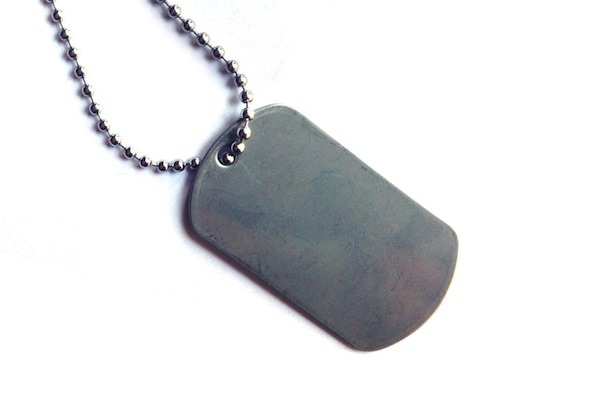
“Gays in the Military” A book by Vincent Cianni
In 1993 President Bill Clinton introduced the controversial “don’t ask, don’t tell” policy, a compromise in response to Ronald Reagan’s 1982 Defense Department directive in which Reagan declared, “homosexuality is incompatible with military service.”
Both of these restrictive and misguided policies were based on fear and ignorance, denying willing and able homosexual American men and women equal opportunity to achieve their potential in the U.S. armed forces.
“Gays in the Military,” a book by photojournalist Vincent Cianni, examines the struggles of homosexual men and women while serving before, during and after DADT, which was repealed in 2011, and the impact the ban had on their lives and careers.
His 53 compelling black and white portraits, accompanied by poignant personal testimonies, put a human face to those who were forced to keep their sexual orientation hidden from families, co-workers and friends.
Cianni’s intimate photos erase the sexual deviant stereotype. The faces shown here could be your grandfather, mother, brother, daughter, neighbor or teacher.
These people are highly skilled, patriotic, well educated and deemed competent enough to be placed in charge of ballistic missiles and receive high security clearances.
“Gays in the Military” is an honest, in-depth look into the lives of homosexual service members who were mistreated, harassed and denied basic human rights. Their experiences left me bewildered as to how anyone willing to serve and die for his or her country could be treated so appallingly. Navy Petty Officer Joseph Rocha, for example, was hosed down, left in a dog kennel filled with feces and forced to eat dog food.
Inspired by a 2009 radio interview featuring the mother of Pvt. Nathanael Bodon talking lovingly and supportively about her son who had been discharged from the Army while in Iraq under DADT, Cianni reached out to her and her son. That meeting was the first of more than a hundred, as Cianni embarked on a three-year journey across America on a series of road trips, interviewing gays and lesbians who served in the Army, Air Force, Navy, Marines, Coast Guard and National Guard.
A photography instructor at Parsons The New School for Design and the International Center of Photography in New York City, Cianni was drawn to this project not only because he is gay, but also because it aligned with his previous work exploring issues of social justice, community, unfair treatment and human right abuses.
His book can be seen as a visual addendum, continuing the narrative initiated with Nathaniel Frank’s “Unfriendly Fire.” Published in 2009, Frank’s analysis of DADT discussed how specific cases, such as the discharge of valuable Arabic translators who turned out to be gay, weakened and morally damaged U.S. forces.
The biggest challenge for Cianni was gaining the trust of his subjects. Having lived under a constant threat of being outed or remembering the experience of being betrayed by their own unit or superior officers whom they had confided in, they were weary and guarded.
By conducting interviews in the comfort of their own homes, Cianni was able to put these men and women at ease. They were able to safely and truthfully tell their side of the story for the first time without fear of retribution.
Cianni took their portraits immediately after their conversations, capturing their authentic selves, stripped of pretenses and lies. Long suppressed pain and inner turmoil are often present in the images, simmering just beneath the surface. The emotion and vulnerability of having revisited horrific and degrading situations are also evident. So is the relief of releasing their burdens.
Some posed in the safety of shadows. Couples clung together. Others emanated ambiguity, looking away from the camera. Several proudly wore their dress uniforms and fatigues. American flags, medals and military commendations decorated the backgrounds.
The age range spans 60 years, from active duty to reserves and retirees. They fought in Okinawa in WWII, during the Cold War, in Vietnam, Kuwait and in Fallujah during the Iraq War.
The ways in which these men and women’s homosexuality was discovered are as diverse as their socioeconomic, racial and ethnic backgrounds, and military ranks.
Many were harassed and ridiculed while others were given a second chance to remain if they kept their mouth shut or denied their sexuality. Some fought charges and won reinstatement. A handful bravely came out with grand fanfare on national television. Others left of their own volition. Years of tortured personal relationships, celibacy and constant denial of their true identity took its toll resulting in mental anguish, often on top of post-traumatic stress disorder.
For those who forged their way to retirement without being outed, it wasn’t easy.
Rear Adm. Alan Steinman learned to repress his sexuality early on, joining the Coast Guard in 1972. “I loved my job, I lived the mission of the Coast Guard … and never regretted a single day,” he wrote in his essay. When commissioned as an officer he found a female companion to accompany him to social gatherings. When he retired after 25 years of service, Steinman wanted to finally live his life openly and honestly as a gay man. At 52 he was exploring his sexuality and the gay culture as if he were a teenager. Professionally, he still felt the pressure to be in the closet. He finally came out on the 10th anniversary of DADT.Others were not so lucky. Army Majors Vonda Todd and Mary Harris came under scrutiny when administrators discovered their shared home address and health insurance beneficiary forms. And Airman Matt McCary, singled out by a co-worker, was arrested and discharged within five days with no investigation.
U.S. Air Force Maj. Mike Almy, a decorated airman, was deployed to the Middle East four times between 1993 and 2006. It was during one of those tours that someone stumbled upon one of his private emails to a boyfriend and reported him to the squadron commander. A search was initiated of 500 of Almy’s emails looking for further incriminating evidence. A few emails were deemed damaging as applicable under DADT. Almy didn’t learn about the investigation until six weeks later. After refusing to answer any questions, his security clearance was suspended and part of his pay was revoked before he was formally discharged and escorted off the base 16 months later.
“In the middle of the Iraq War, during the height of the insurgency, they were searching for private emails to see if someone has violated DADT,” wrote Almy, who was suicidal and suffered from depression years after being relieved of his duties.
With the assistance of the Servicemembers Legal Defense Network, Almy, along with plaintiffs Petty Officer Jace Daniels and U.S.A.F. Staff Sgt. Anthony Loverde, filed a lawsuit in December 2010, challenging the constitutionality of their discharges. All three men wished to return to active duty. After being discharged twice, both Daniels and Loverde were reinstated. Almy eventually settled with the Department of Defense last year.
These cases, along with countless others, reveal inconsistencies, loopholes, absurdities and deception in obtaining information to expel service members and bar them from lifetime benefits, leading to economic hardships and untreated PTSD.
Steinman reminds us that DADT was rooted in assumptions that the mere “presence of a gay, lesbian or bisexual service member would degrade unit morale, unit cohesion and combat readiness” — a statement unsupported by any academic studies.
With the legalization of same-sex marriage, and more gays and lesbians serving openly without reproach, the Department of Defense initiated a study in 2010 that remarkably concluded that “gays and lesbians could serve openly without compromising military morale or operational effectiveness.”
Cianni’s work is unflinching, necessary and courageous. His book is a relevant document of civil and human rights violations in the U.S. military.
The brave men and woman interviewed for “Gays in the Military” were just a few of the warriors on the front lines of this particular battle, paving the way for future generations to serve their country openly and freely. This book is their record.
The project will be archived at Duke University as part of the history of the LGBT community.
Your support matters…Independent journalism is under threat and overshadowed by heavily funded mainstream media.
You can help level the playing field. Become a member.
Your tax-deductible contribution keeps us digging beneath the headlines to give you thought-provoking, investigative reporting and analysis that unearths what's really happening- without compromise.
Give today to support our courageous, independent journalists.
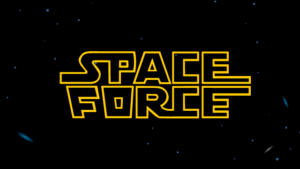
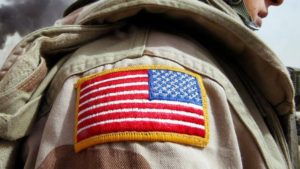

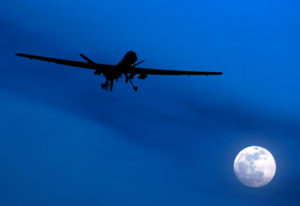
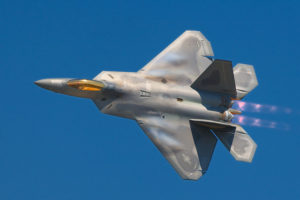
You need to be a supporter to comment.
There are currently no responses to this article.
Be the first to respond.